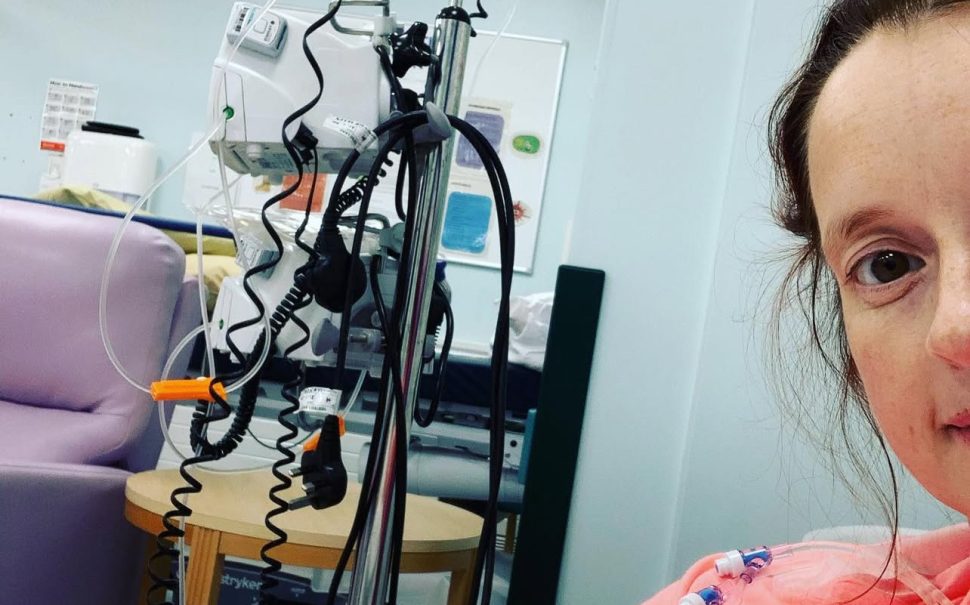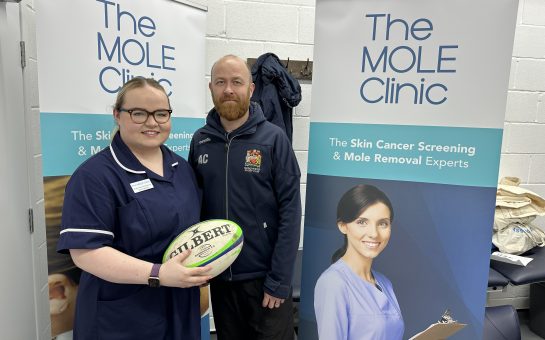Two women die every day in England from cervical cancer but 99.8% of cases are preventable.
Cervical Cancer Prevention Week seeks to educate people about cervical health and encourage steps for prevention, which is why MM sat down with women who have been affected.
When Donna Bradbury was told she had cervical cancer, her first thought was her three children.
“I cried all the way home,” said the 41-year-old.
“I just kept on thinking that if I pass away, my 18-month-old isn’t even going to remember me.
“My children wouldn’t have a mummy anymore.”
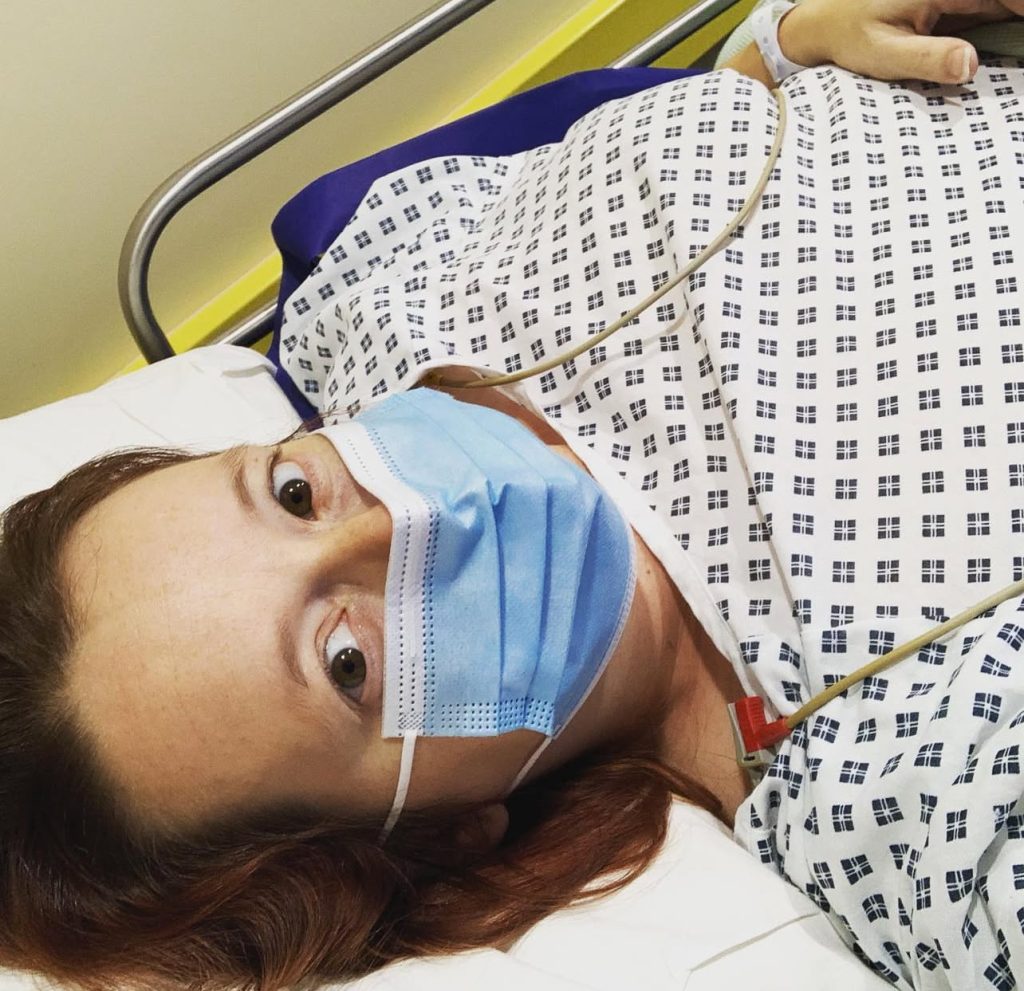
Donna’s not alone.
She is one of the approximately 3,300 women diagnosed with cervical cancer in the UK every year.
Of those, 850 die from it.
But cervical cancer – which can affect anyone with a cervix – is one of the most preventable and treatable forms of cancer and the NHS estimates screening saves approximately 5,000 lives per year.
Organisers of Cervical Cancer Prevention Week hope that raising awareness will stop people from missing their check-ups.
When Isha Webber was eligible for her first screening, her mum told her to book it immediately.
“But for the next one, I just happened to go to my GP for something else, and they said that I was a few months overdue,” she said.
The 35-year-old Londoner hadn’t experienced any symptoms but she was diagnosed with abnormal cells.
She said: “My results showed that whilst I didn’t have cervical cancer, some of my cells could become cancerous.”
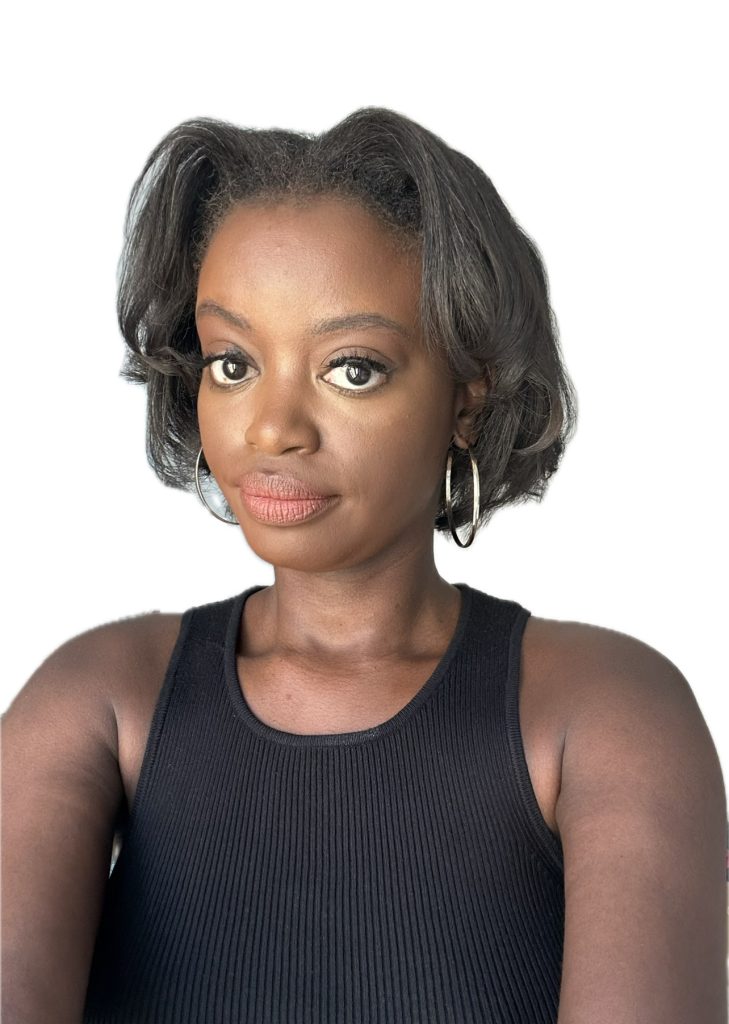
In fact, around half of women diagnosed with cervical cancer survive their disease for ten years or more and the earlier it can be detected, the better.
Which is why screenings are so important.
Obstetrics and gynaecology doctor, Dr Abiya Rashid said: “Screenings can be daunting and embarrassing, but it shouldn’t be painful. You can always ask the practitioner to slow down, or ask for a smaller speculum size or more lubricant.”
And Donna also feels strongly about screening attendance, after undergoing weeks of chemotherapy and radiotherapy – that she was forced to endure alone due to the pandemic.
“Screenings are not the most pleasant experience. But those two or three minutes of discomfort are a lot better than all of the treatment I had to go through,” she said.
She developed radiation cystitis that left her struggling to walk, and in agony when using the toilet.
While screenings can save many lives, doctors also stress that women need to know their ‘normal’ on top of attending screenings.
Women should be looking out for any change in discharge, or abnormal bleeding between periods and after intercourse.
Dr Rashid said: “No one really knows more about the ins and outs of your body than yourself. You need to look out for any changes to your usual.”
That couldn’t be more true for Soraya Steel.
The busy mother-of-two had experienced spotting for a while but chalked it down to stress.
When one of her closest friends mentioned that she had been to the doctor for bleeding between periods, alarm bells began to ring in her head.
“My friend messaged me every single day, telling me to go and get my screening done,” she said.
After a blur of biopsies and scans, Soraya was diagnosed with cervical cancer.
“You’re never really faced with the possibility of dying,” said the beauty specialist.
“My first thought was that I wouldn’t see my children grow up. And that my husband would have to do it all alone.”
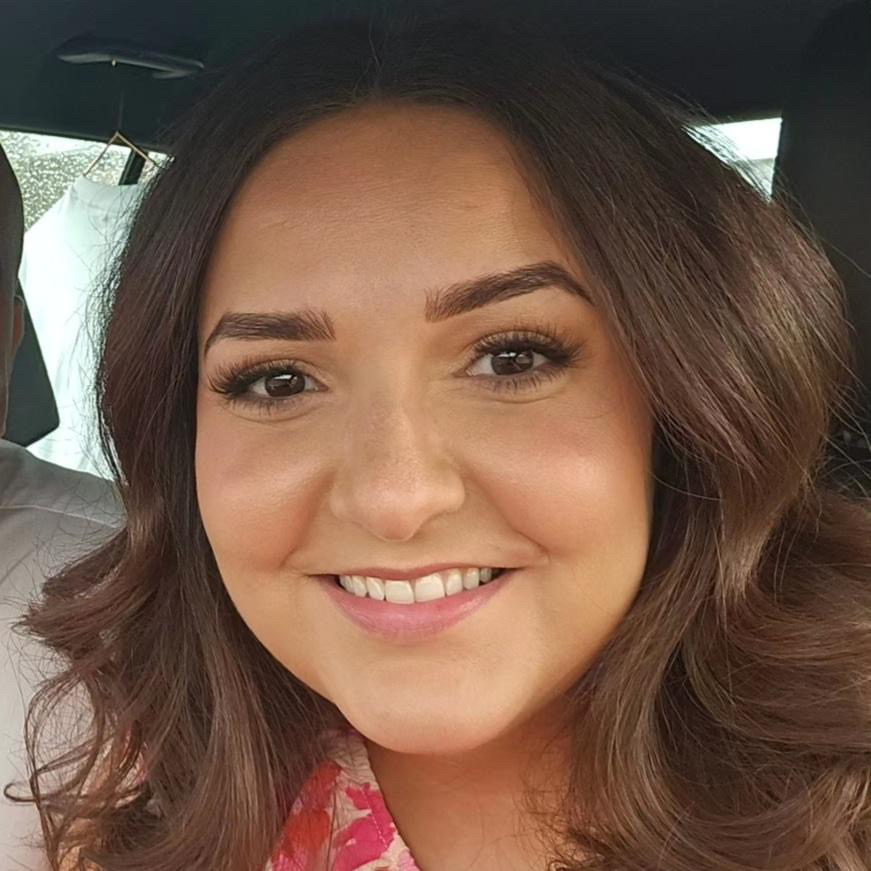
Fortunately, Donna, Isha and Soraya were all treated in time and are committed to raising awareness.
Reflecting on the conversation with a friend that changed her life, Soraya said: “We should all have more weird and unusual conversations. We have to make sure all the ladies in our lives know about this.”
More details on cervical cancer can be found on the NHS website. Other helpful resources can be found at Eve Appeal, Macmillan Cancer Support and r/CervicalCancer.
Have you been affected by cervical cancer or any similar health conditions? Please get in touch.
Feature image provided by Donna Bradbury
